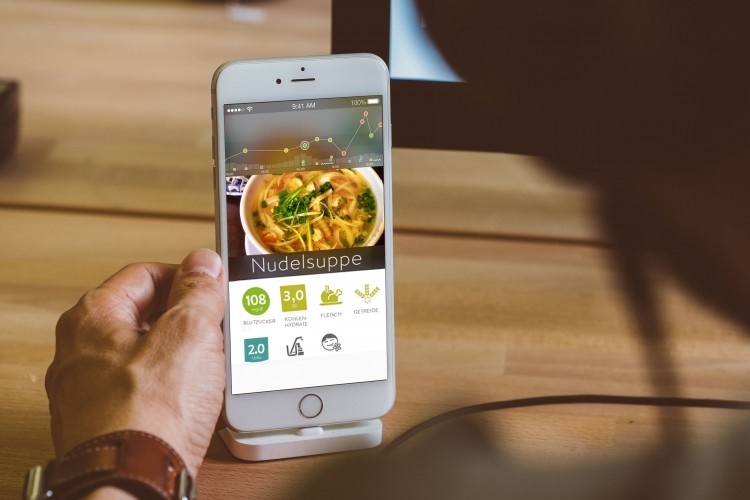Startup Focus
Digital diabetes? Nutrition-tech collaborations could make 'huge difference' in the future

Globally, more than 425 million people have diabetes and each year an estimated 1.6 million deaths are directly attributed to the chronic, metabolic disease, according to the World Health Organization (WHO). Data from Statistica suggests there are an estimated 58 million diabetics in Europe and the global numbers will soar to 629 million by 2045.
For those living with the disease, tracking and managing blood glucose levels is vital and technology has advanced significantly over the years, with most recent advancements shifting towards apps.
Austria-founded mySugr, for example, which launched in 2012 and now has more than 1.4 million worldwide users, developed a diabetes tracking app to monitor vital numbers like blood sugar levels, basal rates and carbs, amongst others, throughout each day. Importantly, the app can be paired with a blood sugar testing device, enabling users to track vitals without any manual input. A series of algorithms also enables the app to provide blood glucose reminders, compile PDF reports and analysis and estimate HbA1c for users. A search function also means historic data from specific dates and locations can be tracked.
Adding a 'hint of intelligence' to diabetes
Speaking to NutraIngredients, Fredrik Debong, co-founder and head of research and development at mySugr, said diabetes management has come a long way in recent decades.
“Personally, I have had diabetes for a bit more than 30 years now. In this time, huge leaps have been taken, going from urine testing at the beginning to having sensors and automated systems to help manage your blood glucose. The major hurdles in technology that have been jumped over the past ten years have been tremendous – from the introduction of Continuous Glucose Monitoring (CGM) to connected devices and smart algorithms, adding a hint of intelligence to diabetes management systems,” Debong said.
The mySugr app, for example, uses a combination of algorithms, hardware and input from certified diabetes coaches to provide tailored help for its users in a timely manner, he said.
“The way blood glucose data just flows into the app automatically and we have algorithms working in the background, that helps our diabetes educators to identify people that run repeatedly into a risk of hypos. In that case, one of our diabetes coaches reaches out via the application.”
In Germany, mySugar is reimbursed by health insurances and the plan is to eventually offer a similar service elsewhere in Europe and globally.
Debong said app-based technology will“definitely” continue to play an important role in the future of diabetes management.
'Food and nutrition is a huge part of diabetes therapy'
Asked if mySugr is working with the food or nutrition industry collaboratively, he said it wasn't yet but will likely look to in the future, given the level of opportunity.
“Food and nutrition is a huge part of diabetes therapy. I've done some personal experiments where I've cut down on carbs and started eating different kinds of fats, for example,” he said.
However, consumer knowledge on how food and nutrition relates to diabetes management was lacking among many, he said, which is an area manufacturers could assist with.
“The existing educational programs don't satisfy all the customers' needs and sometimes leave them with unanswered questions. And for those who are knowledgeable enough, just knowing is not enough; one also needs to act accordingly. Maybe this is a point where the industry could start. If the industry jumps on the bandwagon with the leverage and the resources they have, I think that could make a huge difference in diabetes management and also in prevention.”
Debong said apps and services like mySugr have gathered millions of meal logs which could be a starting point for collaboration.
“Looking at statistics, we could actually say how pizza affects the diabetic blood glucose, for example. Just looking into projects together would be a good way to start maybe focusing on the impact of certain meals as part of an educational program. Maybe this is how industry and us digitally-focused health companies can come together,” he said.







